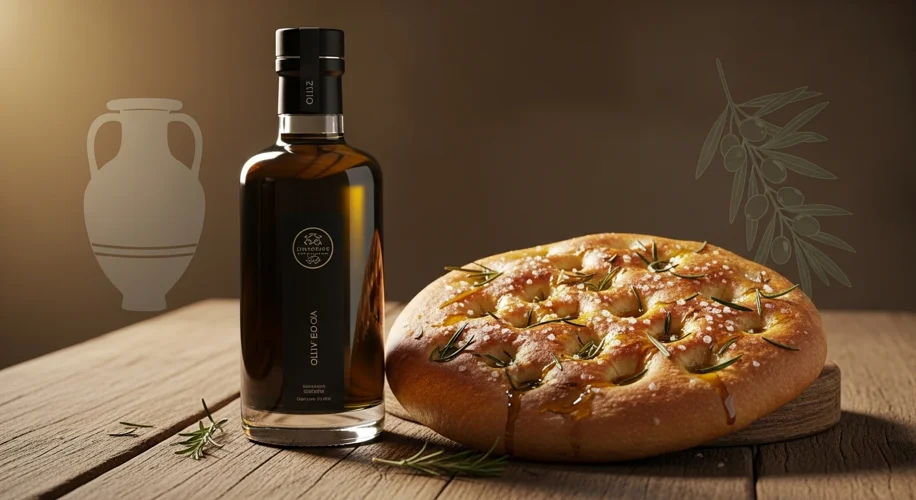You know how much I love baking focaccia. There’s just something magical about that chewy, airy bread, especially when it’s drizzled with good olive oil, fresh from the oven. It’s the kind of simple pleasure that makes my kitchen feel like the heart of our home. But lately, as I’ve been pouring that golden liquid, I started wondering: where did this essential ingredient really come from? Not just the bottle, but its whole long, fascinating story.
Turns out, olive oil isn’t just a kitchen staple; it’s practically a liquid timeline. Its history stretches back thousands of years, deeply woven into the fabric of ancient Mediterranean cultures. We’re talking about a history that predates most of what we consider ‘modern’ civilization.
Picture this: Around 6,000 years ago, people in the Middle East, specifically the Levant region, were already cultivating olive trees. These resilient trees, with their gnarled trunks and silvery leaves, thrive in rocky, dry soil – much like some parts of my garden, though I’m not growing olives just yet! The Minoans, on the island of Crete, really kicked things off, producing olive oil on a large scale as early as 2500 BC. They used it for pretty much everything: food, fuel for their lamps, even cosmetics and medicine. It was their liquid gold.
Then came the ancient Greeks. For them, olive oil wasn’t just a commodity; it was sacred. The olive tree was a gift from the goddess Athena. Olive oil was used to anoint athletes in the Olympic Games, symbolizing purity and strength. Winners were even crowned with olive wreaths. It was a core part of their diet, yes, but also a vital part of their religious rituals, social customs, and personal hygiene. They’d rub it on their skin after bathing, like an ancient moisturizer, and even use it to clean themselves with a strigil.
And the Romans? They took olive oil production to an industrial level. They had different grades of oil, from the finest ‘oleum ex albis ulivis’ (from white olives) for the rich, down to oil made from second pressings or even fermented olives for the masses and for things like lamp oil. It was a cornerstone of their economy, traded far and wide across their vast empire. They even built specific presses and storage facilities for it, making sure everyone had access.
What strikes me about all this isn’t just the sheer age of olive oil, but its incredible versatility. It wasn’t just about cooking. It fueled their nights, healed their wounds, made their skin glow, and was a central part of their spiritual lives. It quite literally lit up their world and nourished their bodies.
So, the next time I’m drizzling olive oil over my focaccia, or even just making a simple vinaigrette for a garden salad, I won’t just be thinking about the flavors. I’ll be thinking about those ancient olive groves, the hands that pressed the fruit, and the countless generations who have relied on this amazing elixir. It reminds me that some of the best things in life, like good food and connection to nature, have roots that go incredibly deep. It’s a pretty powerful thought for something that comes in a bottle from the grocery store, isn’t it?
It just goes to show, there’s always a story behind the simplest things, and often, those stories are the richest.

